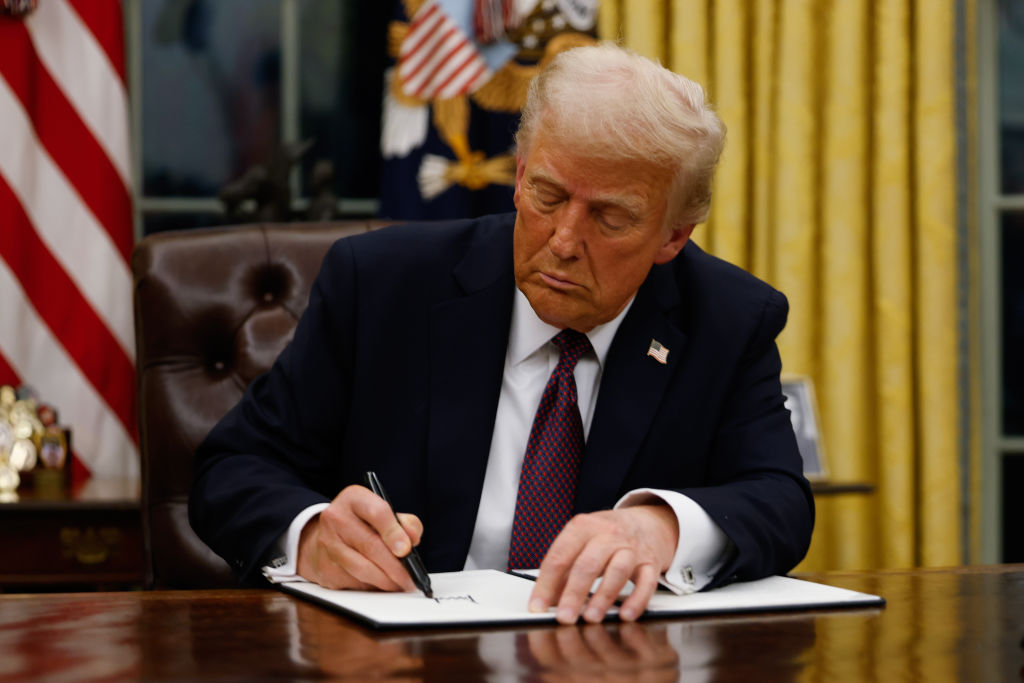Trump’s Pardoning Power: A Controversial Tool
In the early days of Donald Trump’s presidency, a significant focus has been on his use of executive power to grant pardons. Among the individuals who might benefit from this are two police officers convicted for their roles in the death of an unarmed Black man.
Donald Trump, known for his campaign promises of vengeance, has previously expressed intentions to protect police officers from prosecution. This raises the question: Could Trump extend pardons to officers convicted of killing Black individuals? The answer is nuanced, but the possibility certainly exists.
The Case of Karon Hylton-Brown
Following the controversial pardons of individuals involved in the January 6 Capitol riot, the D.C. Police Union has voiced a desire for Trump to pardon two officers from the Metropolitan Police Department. These officers, Terence D. Sutton Jr. and Andrew Zabavsky, were convicted by a federal jury for their involvement in the death of 20-year-old Karon Hylton-Brown during a police chase.
The jury found them guilty of second-degree murder and conspiracy to obstruct justice, linked to an alleged cover-up of the incident. Sutton received a 66-month sentence, while Zabavsky was sentenced to 48 months. A pardon from Trump could mean their immediate release, a scenario similar to that of the Capitol rioters.
Pardoning Powers and Limitations
While Trump can pardon federally convicted individuals like Sutton and Zabavsky, his reach does not extend to state convictions. This means his pardoning power has limitations, as seen in the case of Derek Chauvin, the former officer convicted in the murder of George Floyd.
Chauvin’s federal conviction for civil rights violations could be eliminated by a presidential pardon, potentially leading to an early release. However, his state conviction remains unaffected, highlighting the boundaries of federal pardoning authority.
Richard W. Painter, a former White House ethics lawyer, commented on the potential racial implications of pardoning Chauvin, noting that “A pardon also will rightly be seen as racially motivated.”
Similarly, Amber Guyger, who was convicted under Texas law for the murder of Botham Jean, cannot have her sentence altered by a presidential pardon, as her conviction was not federal.
The topic of presidential pardons has been a point of contention, particularly following Joe Biden’s pardon of his son, Hunter. Trump’s approach to pardons suggests he might continue using this power to address cases he views as unjust, possibly including high-profile figures facing federal charges.
SEE ALSO:
Demand Diversity Roundtable: Civil Rights Leaders Meet As Trump Dismantles DEI Programs
Surviving Trump: The Tough Conversations Black America Need To Have







Be First to Comment